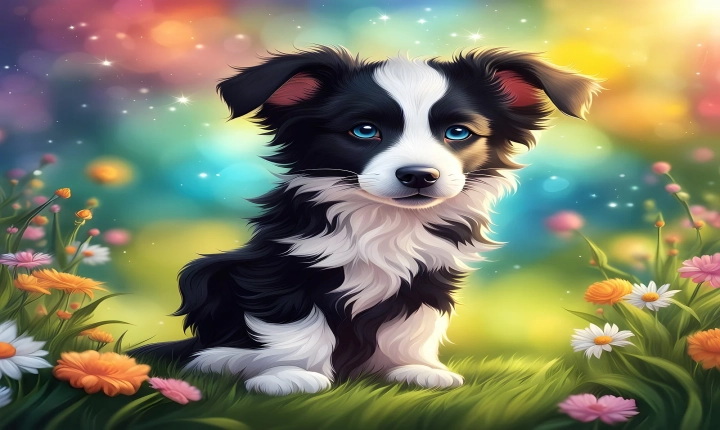Title: Has Any Sci-Fi Done AI Right?
Artificial Intelligence (AI) has been a staple of science fiction for decades, captivating audiences with its portrayal of advanced technology and the ethical implications of machine intelligence. From the helpful and friendly robots like R2-D2 and C-3PO in Star Wars to the menacing and enigmatic entities like HAL 9000 in 2001: A Space Odyssey, AI has been a prominent theme in the genre.
However, the question remains: has any sci-fi done AI “right”? That is, has any work of fiction accurately depicted the potential capabilities and limitations of AI, as well as the ethical dilemmas and societal impact it may bring?
One critically acclaimed portrayal of AI in science fiction is the 2013 film “Her,” directed by Spike Jonze. The film follows the protagonist, Theodore, as he develops a romantic relationship with an AI operating system named Samantha. What sets “Her” apart is its thoughtful exploration of the emotional and psychological implications of AI. It presents a nuanced perspective on the nature of human-AI relationships and prompts viewers to reconsider their assumptions about consciousness and connection.
In the realm of literature, the work of Isaac Asimov stands out for its depiction of AI. Asimov’s “Robot” series introduces the Three Laws of Robotics, a set of ethical guidelines that govern the behavior of robots. Through these stories, Asimov explores the potential pitfalls of a world where AI is deeply integrated into human society, raising questions about power dynamics and the nature of free will.
Another notable example is the TV series “Westworld,” created by Jonathan Nolan and Lisa Joy. The show delves into the moral and existential dilemmas of AI, as well as the societal implications of creating lifelike androids for entertainment. “Westworld” challenges viewers to consider the blurred lines between human and artificial consciousness and the ethical responsibility of those who create and control AI.
While these examples offer thought-provoking and nuanced portrayals of AI, the truth remains that no work of fiction can fully capture the complexity of AI and its potential impact on humanity. The depiction of AI in sci-fi often leans towards extremes, either presenting utopian visions of AI-driven societies or warning of apocalyptic consequences.
Moreover, the technology landscape is constantly evolving, and our understanding of AI continues to deepen. As a result, the portrayal of AI in sci-fi may always be somewhat speculative and subject to revision. It is essential for audiences to approach these depictions with a critical eye and an awareness of the current state of AI technology.
In conclusion, while there have been notable instances of sci-fi effectively portraying the intricacies of AI, no work of fiction has definitively captured the true potential and ramifications of artificial intelligence. As the field of AI continues to advance, it is crucial for creators and audiences to engage in thoughtful discussions about the ethical, societal, and philosophical implications of AI, both in fiction and in reality. By examining AI through various lenses and exploring its multifaceted nature, we can work towards a more nuanced and informed understanding of this groundbreaking technology.
